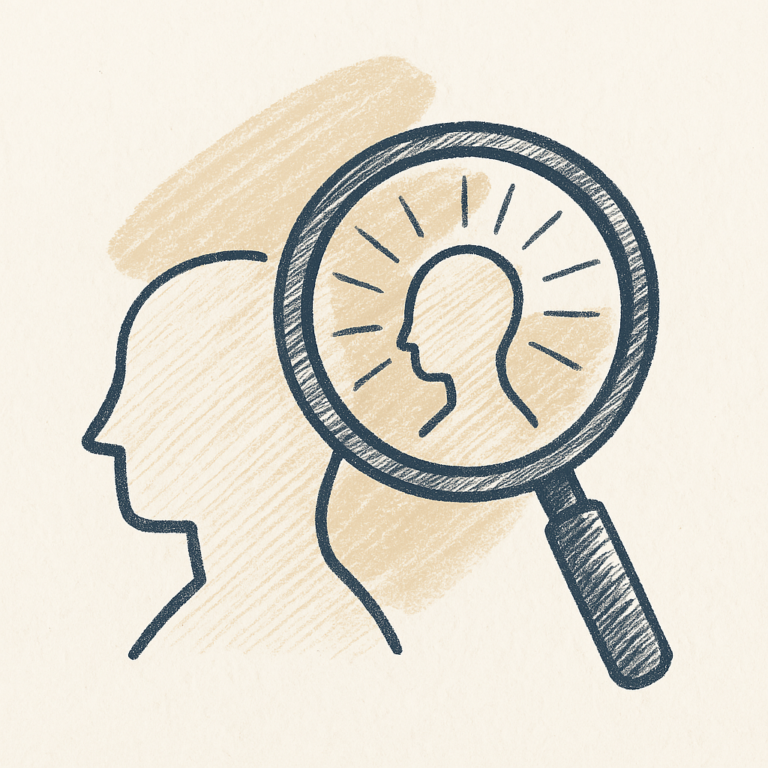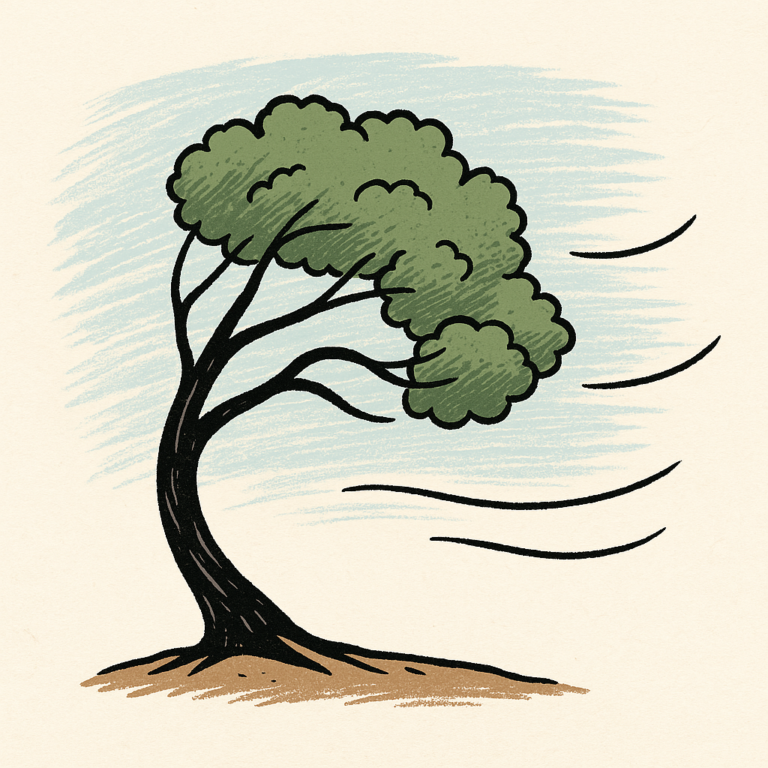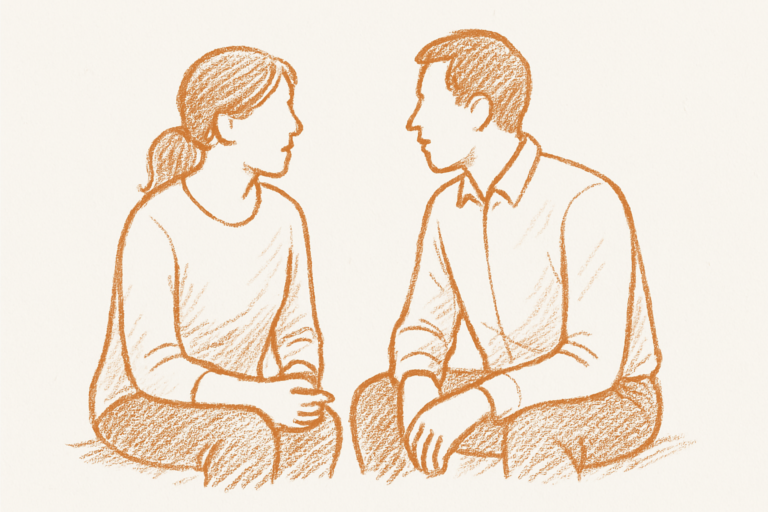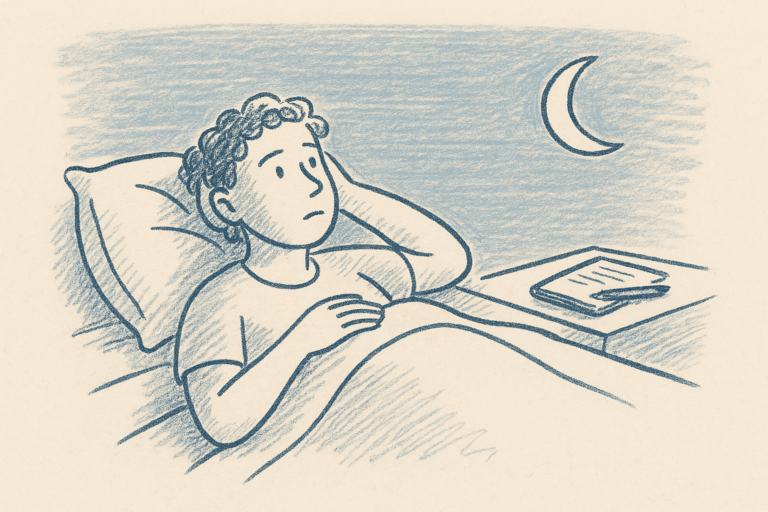Reclaiming Control Through Self-Efficacy
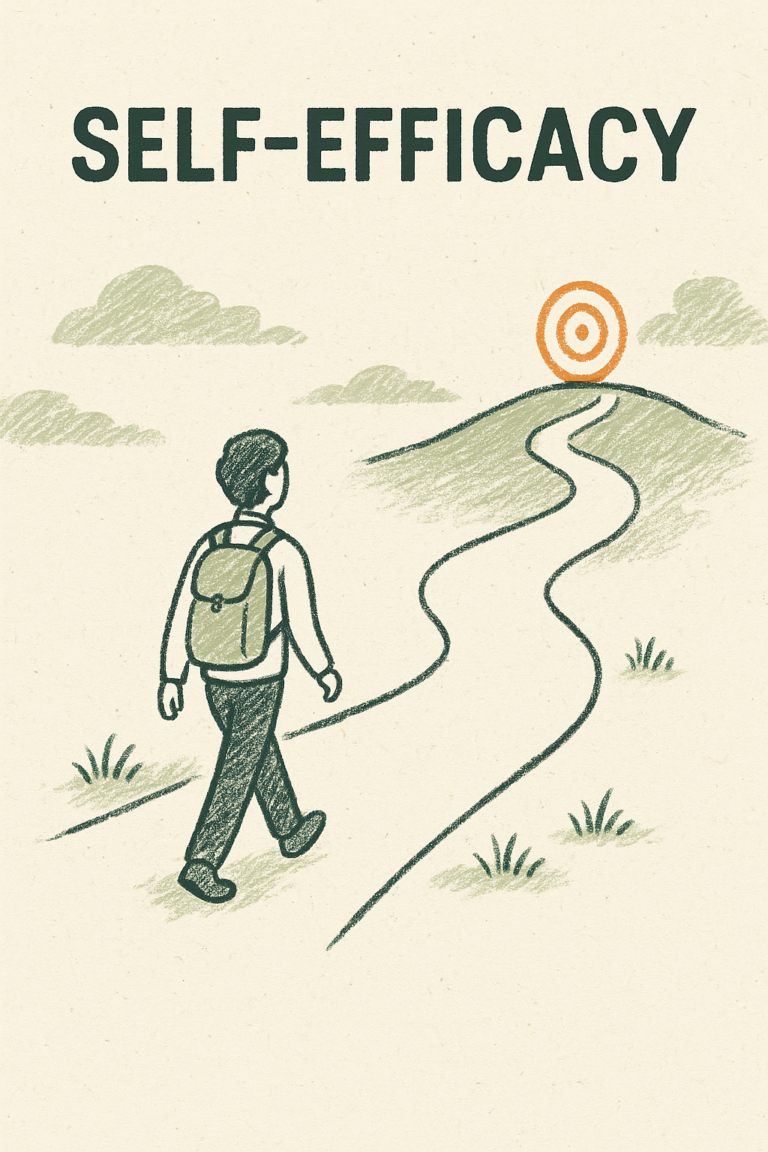
There’s a belief I’ve earned the hard way: I can do difficult things. Not because I always succeed, but because I keep showing up. That’s self-efficacy. It’s the quiet confidence built through action, especially when the outcome is uncertain.
Angela Duckworth calls it grit: the passion and perseverance that endure over time. But I think grit and grace go hand in hand. Grit is staying with the hard thing. Grace is choosing compassion for yourself in the middle of the messiness.
I’ve learned that self-efficacy grows in the messy middle. When I choose to try, adapt, or reach out instead of shutting down, I gather evidence that I can. And over time, that evidence becomes a kind of resilience scaffolding. It holds me up when doubt tries to pull me under.
I don’t always feel brave. But I’ve stopped waiting to feel confident before I act. It’s the courage to act without guarantees. That’s how I build self-efficacy: one imperfect, wholehearted step at a time. And, as a fan of Brené Brown’s work, I am reminded that vulnerability isn’t weakness, so I am showing up on this forum to hopefully remind others that you can do it too!
Curious how self-efficacy fuels resilience—and how to grow it in yourself or others? Read the full article to learn more.
Confidence Grows from Action, Not Perfection
Self-efficacy is a game-changing form of resilience. It’s the belief that you can handle hard things—not because life is easy, but because you’ve done hard things before.
It’s not about confidence in everything. It’s confidence in your ability to figure things out. Resilience isn’t built by avoiding struggle—it’s built by moving through it.
What is Self-Efficacy?
Psychologist Albert Bandura first coined the term self-efficacy to describe the belief in your ability to influence events and outcomes in your life. It’s not about perfection or certainty. High self-efficacy doesn’t mean you never struggle—it means that when you do, you engage instead of retreat.
Carol Dweck’s research on growth mindset gives us a clear window into how this works. A growth mindset is the belief that abilities are not fixed—they can be developed through effort, strategy, and support. That belief directly fuels self-efficacy.
In other words, when you believe that effort matters and learning is possible, you’re more likely to take action—even when the outcome isn’t guaranteed.
Why this matters:
Every time you take action, even in uncertainty, you build a library of evidence that you are capable. That library of wins becomes the foundation you stand on when the next challenge arrives.
When you believe your actions make a difference, you’re more likely to take action, which directly fuels resilience. It’s a feedback loop: the more you act, the more capable you feel. And the more capable you feel, the more you act.
People with higher self-efficacy:
- Set more meaningful goals
- Stick with challenges longer
- Bounce back faster from failure
- Are less likely to feel helpless or overwhelmed
Neuroscience backs this up: taking action triggers a dopamine release—not just a feel-good chemical, but a motivator. It reinforces learning and persistence. The more you try, the more your brain learns that effort is worth it.
You Build It By Doing
Every time you try something hard, adapt, or recover, you’re collecting evidence that you can. Over time, that evidence becomes your foundation. That’s resilience in action.
You don’t need to feel ready. You need to begin.
Self-efficacy grows every time you try, fail, learn, and try again.
Facing a big change? You don’t need to feel ready. You need to begin. Self-efficacy grows every time you try, fail, learn, and try again. That’s resilience in action.
Tweet
What’s your resilience level? Take the quiz at opalcoaching.com
#SelfEfficacy #Resilience
To Do
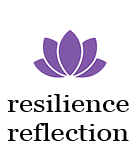
Reflect:
What’s something you’ve overcome that you once thought you couldn’t?
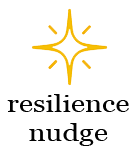
Nudge:
- Reflect on a past success. What personal strengths helped you get through?
- Set one small, achievable goal this week. Ask a friend to check in and cheer you on.
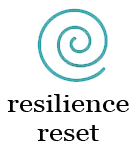
Reset:
Confidence is built from action, not from waiting until you’re ready.
Up next, we shift from inner work to outer connection.
To Read
“Grit” by Angela Duckworth — This book explores how passion and perseverance, not talent alone, drive achievement. It’s a natural companion to self-efficacy. (And if you love Angela Duckworth, check out her podcast “No Stupid Questions!”)
To Watch
TED Talk: “The Power of Believing You Can Improve” by Carol Dweck — A foundational talk about the growth mindset—the belief that skills and abilities are built over time, not fixed.
Next
Next, explore how human connection strengthens resilience and why support isn’t a luxury—it’s a skill.
